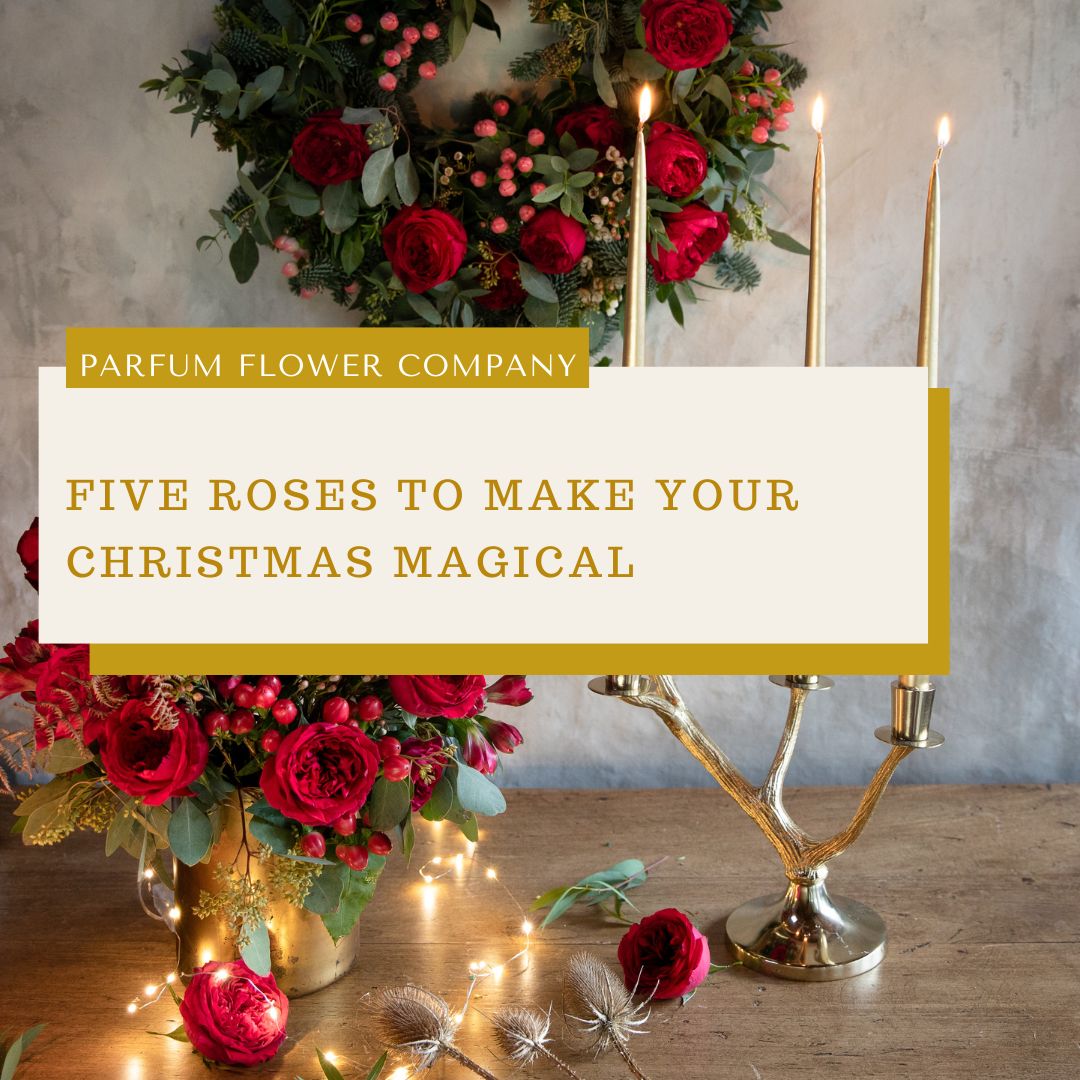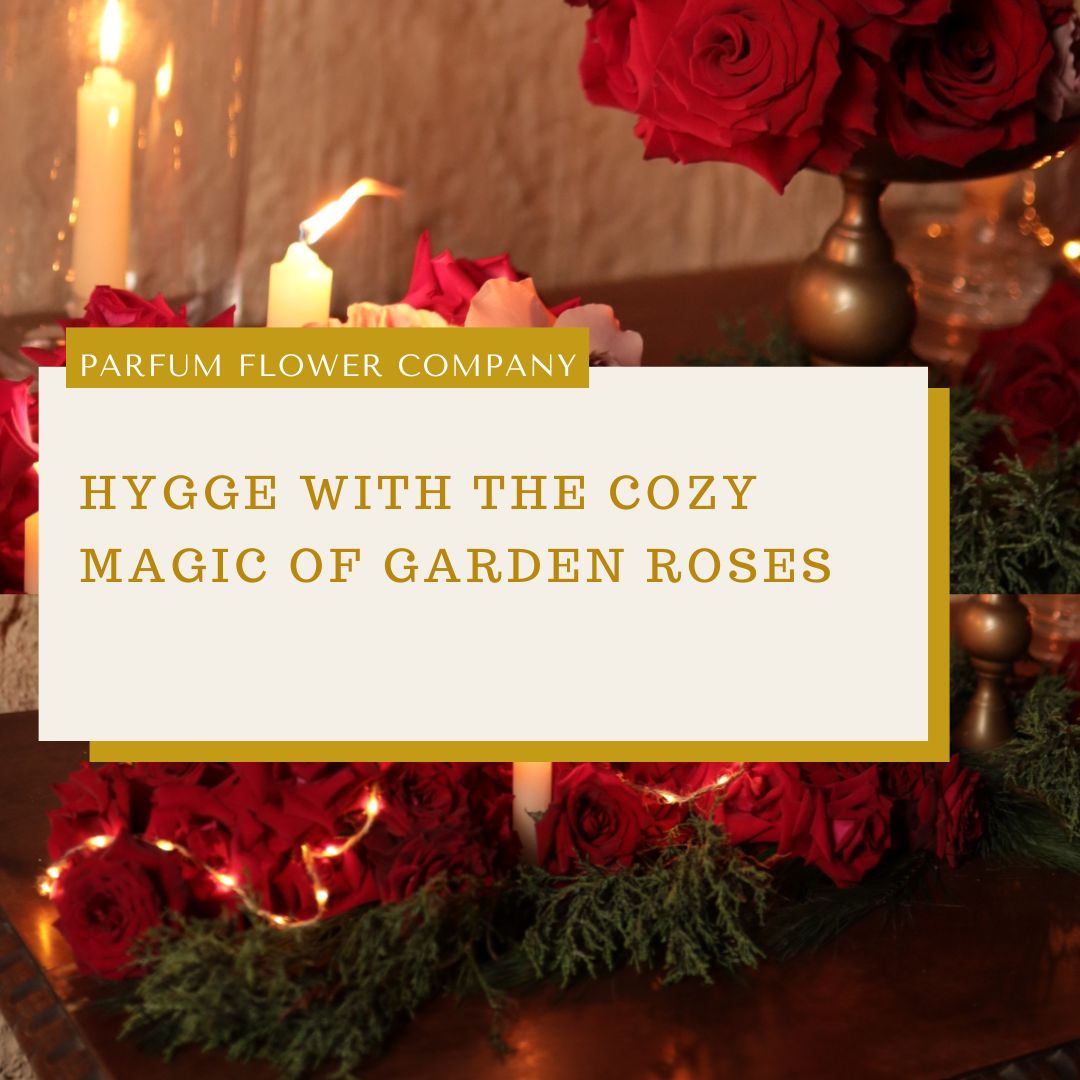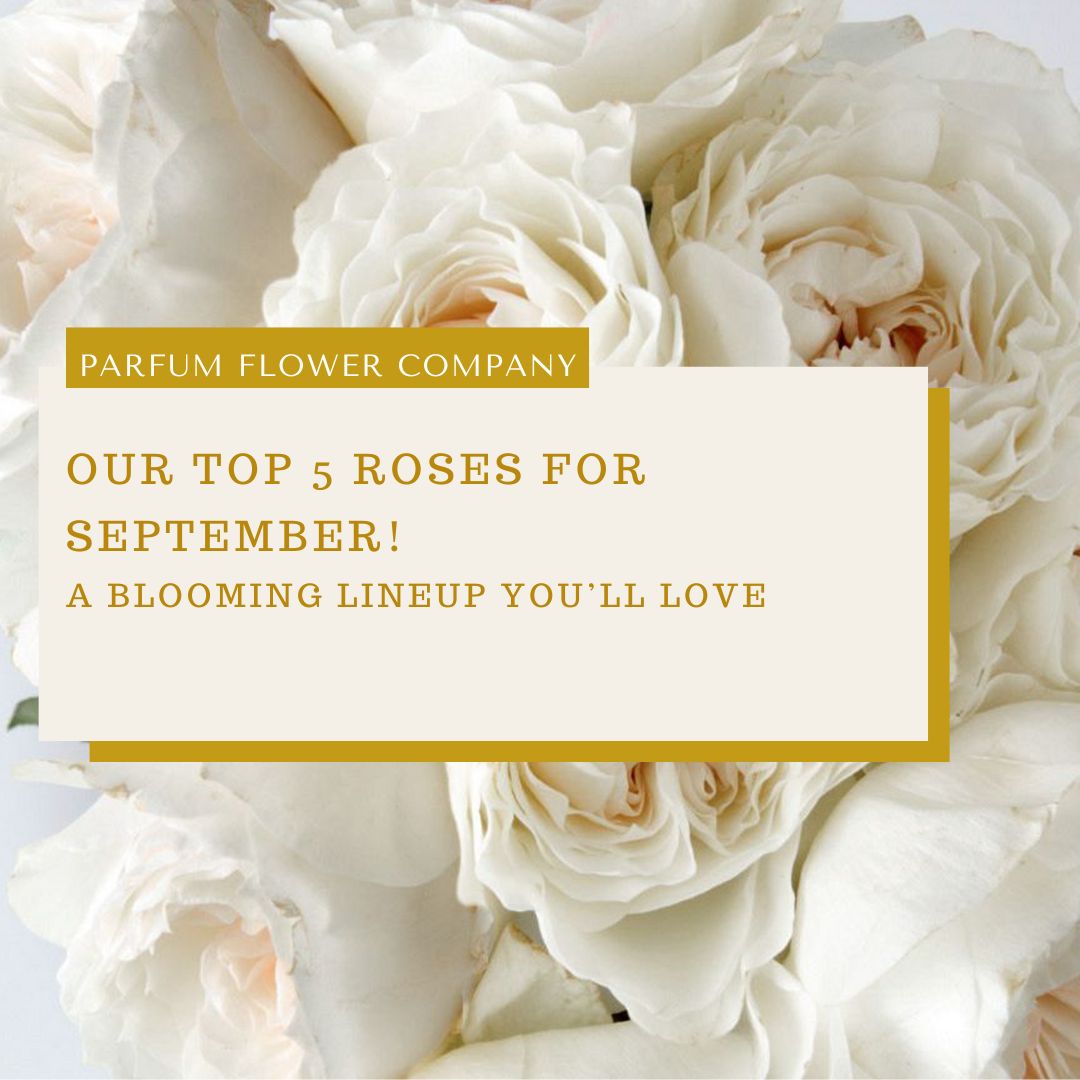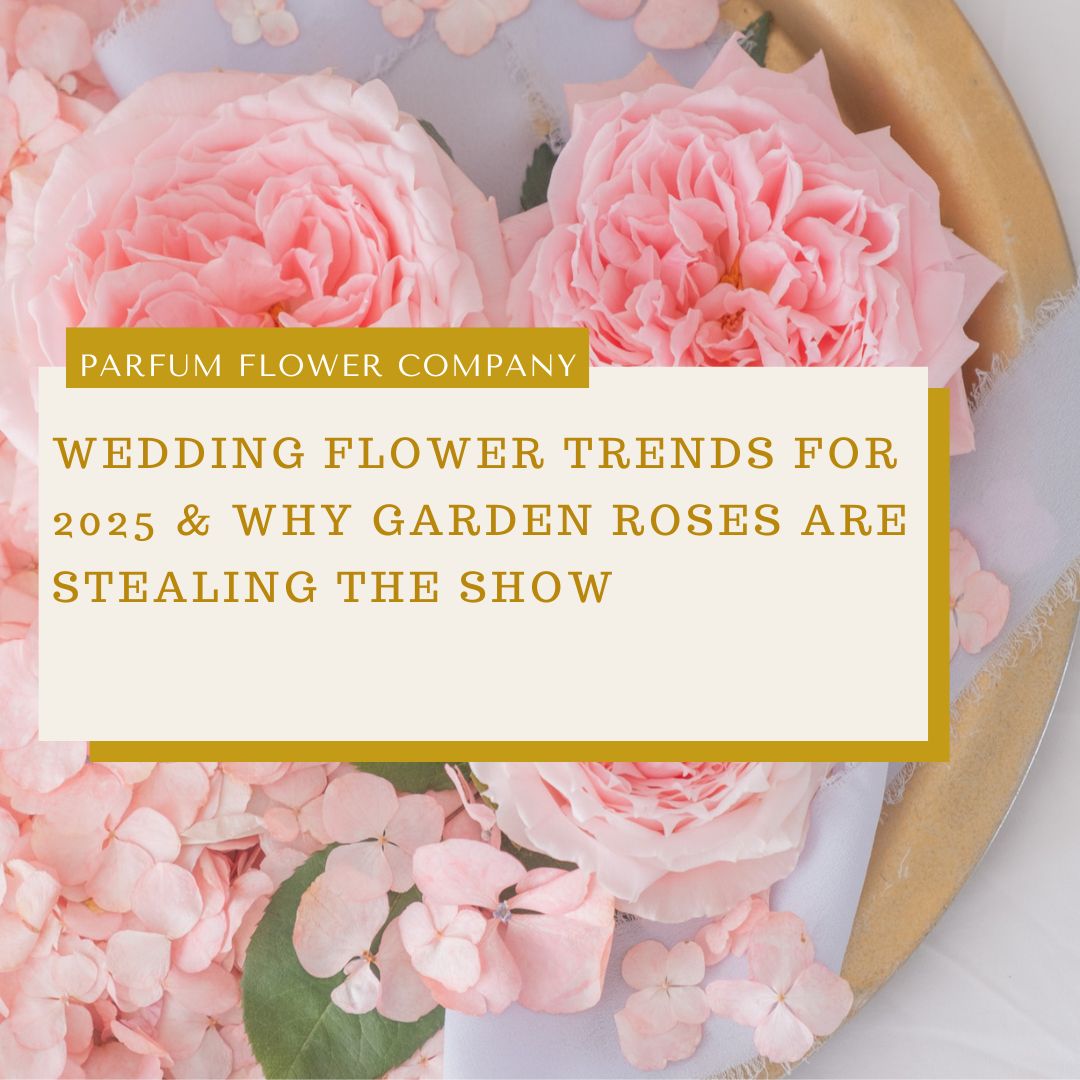Roses, those timeless symbols of love and beauty, have delighted our senses for centuries. When you bury your nose in a fresh bouquet or stroll through a rose garden, you can’t help but be swept away by their intoxicating fragrance. But have you ever paused to wonder, “What makes a rose fragrant?” Well, dear rose lover, let’s embark on a journey through nature’s perfume factory and find out.
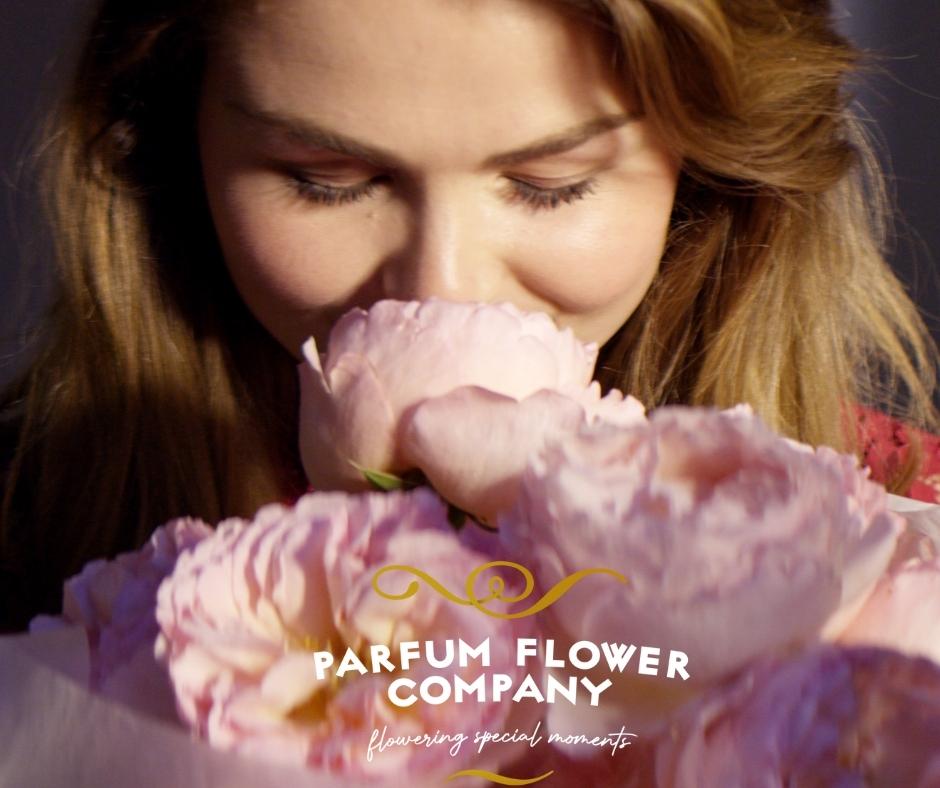
It’s Not Just a Pretty Scent
First and foremost, a rose’s fragrance is no accident; it’s a symphony of chemicals produced by the plant. The magical ingredient list includes volatile organic compounds like geraniol, citronellol, and nerol. These compounds are responsible for the sweet, fruity, or citrusy notes that vary from rose to rose. Think of them as the talented musicians in the orchestra, each playing their unique tune.
Phenolic compounds are another group of players in this fragrant ensemble. These compounds can produce an array of aromas, from spicy to earthy to woody. And they mix to create the complex fragrances we adore.
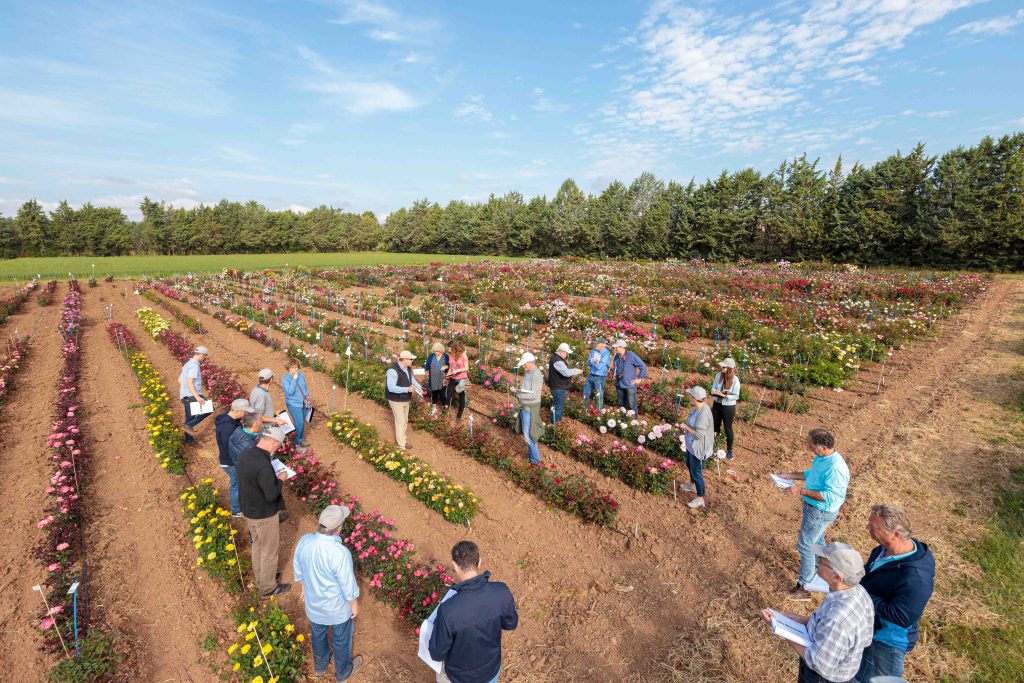
Genetics and Breeding
Imagine a rose bush as a biological artist, and its genetics as the paint palette. Each rose variety has a distinct genetic makeup, which influences the types and concentrations of aromatic compounds it produces. Over centuries, skilled horticulturists have bred roses to enhance their fragrance. In turn creating the diverse range of scents we cherish today. It’s like a botanical version of fine-tuning an instrument for the perfect melody.
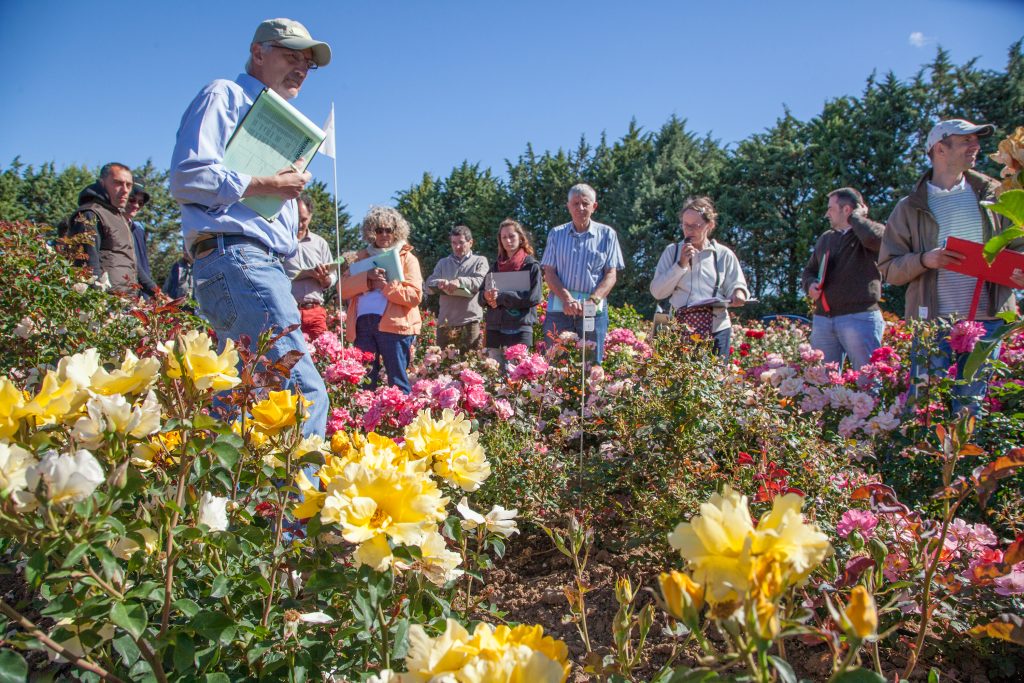
Environmental Influence
Just like you and me, roses can be influenced by their surroundings. Factors like soil composition, climate, and sunlight exposure can impact the development of aromatic compounds in the petals. Roses grown in different regions or under varying conditions may exhibit slight variations in scent due to these environmental factors. Think of it as the rose’s way of expressing itself, like how a person’s mood can affect their choice of words.
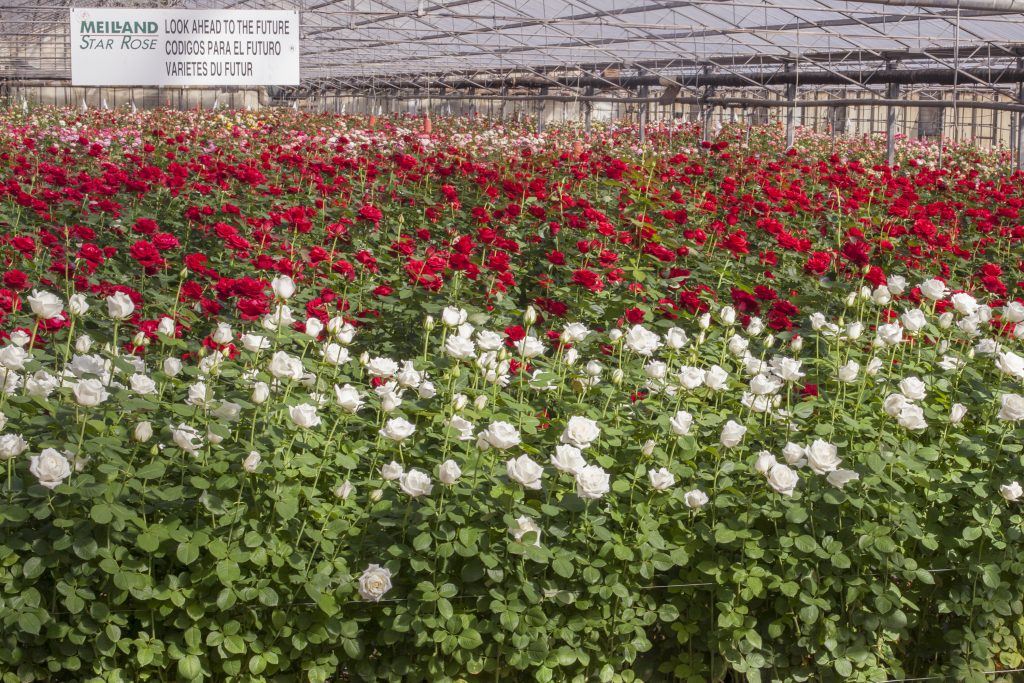
The Right Timing
Timing is everything, even for roses. Most roses are at their most fragrant during full bloom, and the intensity of their scent can fluctuate throughout the day. Temperature and humidity also play a role in when and how strongly a rose releases its fragrance. Warm, sunny days often result in a more robust scent, as the heat encourages the release of those lovely aromatic compounds. So next time your roses come in and are cold from the truck and they have no fragrance that can be why – let them warm up and open a little which will in turn encourage their scent.

Nostalgia and Emotions
It’s not just the chemical composition of a rose’s fragrance that makes it special. Our brains have a knack for associating scents with memories and emotions. When we catch a whiff of a rose’s sweet perfume, it can trigger feelings of nostalgia, love, or happiness. This psychological connection adds an extra layer of enchantment to the already captivating circle of rose fragrances.

In the grand scheme of things, a rose’s fragrance is a beautiful blend of science, nature, and a dash of human artistry. The next time you encounter the sweet scent of fragrant roses, take a moment to appreciate the fascinating journey it undertakes to reach your senses. It’s not just a pretty smell; it’s a reminder of the intricate dance between genetics, environment, and chemistry that makes roses so utterly delightful.
If you’d like to learn more about our fragrant roses and which varieties have a stronger fragrance, please download and register for our App. You can do this by using this link www.floweringspecialmoments.com
Thanks for reading, we’ll be back soon!
